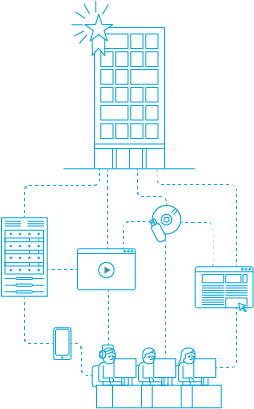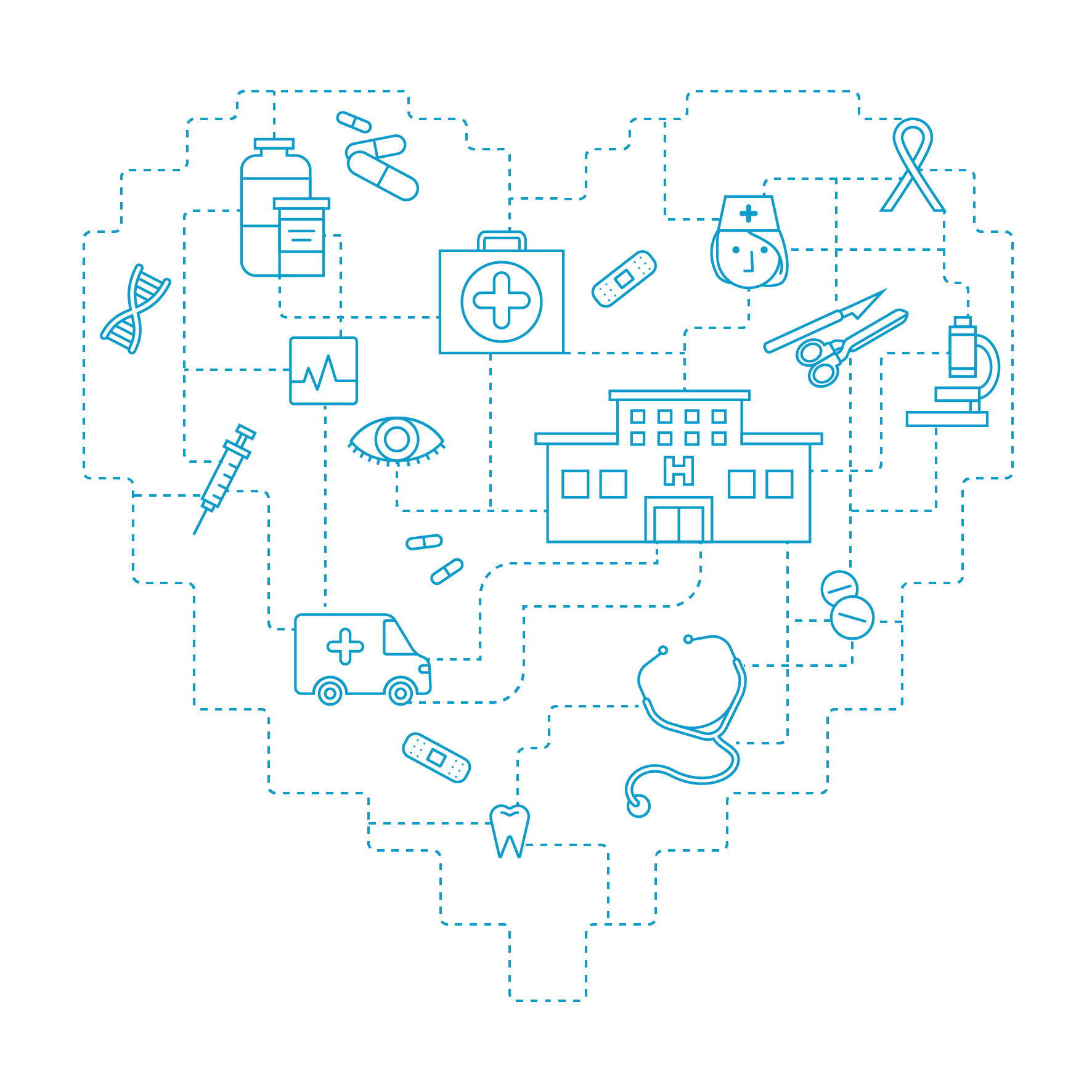There is real value in data sharing, real-time collaboration, and interoperability.
The modern GP is facing an unprecedented fast-paced world.
Time is at a premium, admin and managing patient expectations are erroneous tasks, all of which lead to stress and burnout with many GPs of today grappling to keep their heads above water.
Working on the go, anywhere and anytime, with full access to your office, patient records, and data has become an indispensable facet of the industry.
Imagine the tools of the trade; once a stethoscope; but now an app or wearable device. Working on the go means partnering with technology.
The manual tasks of transferring written notes to a patient file, retrieving misfiled records from archives, submitting manual billing reports are all tasks that can be significantly minimised by a specialised cloud-based practice management software, like Clinic to Cloud.
Your entire practice is now visible from your smartphone and as long as you’re connected, you’re able to access, run, and control your practice from anywhere, any time. GPs can now see patients digitally, use voice recognition to update files, manage prescriptions and medications, send letters, check lab results, as well as manage bills, building in significant time savings and reducing the administration burden.
Furthermore, with a mobile app you can utilise the ‘dead time’, like the time spent between patients or sitting in the car.
Let's look at an example...
Say you’re about to prep for surgery, you get an urgent call regarding one of your patients who has had an urgent medical issue and treating clinicians require urgent information. The patient’s medical records, medication, and all relevant information is available immediately and up to date on your smart phone, no calls to the office, no delays, real time patient care can be provided on the spot. In today’s society, this is exactly the symbiotic relationship the doctor, and likewise the patient are looking for.
Clinic to Cloud also integrates directly with Xero to take the pain away from having separate systems. Add to this then a payroll and accounts payable integration and you have a full cloud-based suite for your medical practice ecosystem.
"As one of WA’s health specialists, a common hesitation I hear from GPs in moving to the cloud is the storage of sensitive patient data and managing patient information, especially given the rise in cyberattacks and data breaches. "
However, legacy systems are siloed; by their nature they are unsafe.
Servers fail and files get lost. That’s why open systems and APIs are actually considered the more secure option, with data stored in state-of-the-art data centres, security measures like two factor authentication and high levels of encryption provide a strong data net.
If that’s not enough, additional security measures can always be built in to reinforce online storage systems and prevent cyber breaches. Plus, layers of access are also an excellent tool for privacy and data concerns, allowing certain files to be accessed only by a select few.
One might argue that security is in fact not the gravest issue facing GPs in the cloud. For me, by not embracing the cloud you relinquish its power to diminish inefficiencies.
Data is held by one group and is not easily accessed by other groups. This effectively means there is no data sharing.
Think about how before a nurse even sees a lab result appear in their EHR, the data has travelled a long, complex and convoluted path to get there. Then we hit an impenetrable data silo which keeps some data locked-in nice and tight and inaccessible to other essential applications.
Then, we are wasting time having data stored in multiple areas where users can freely download the data to their personal or shared storage.
In addition to this, data silos impede a clinic’s ability to derive actionable insights from organisational data, think about the operational cost savings that could be achieved.
Streamlining the data frees up storage and its associated costs, as well as providing a centralised location to access existing data or resources.
Transitioning to the cloud can actually save your practice money.
You do not have to purchase expensive servers or other IT hardware, nor do you have the costly necessary back-ups, on-going maintenance and repair costs associated with these systems.
What’s more, the cloud does not require complex IT systems and infrastructure and no untidy cabling. Most can be set up with merely an internet connection and a smart device (smartphone, tablet or computer).
What used to take hours of clinicians’ time can now quite literally take minutes, freeing up space to not only see more patients but at the same time reduce working hours and enjoying more leisure time.
Now, there is much more value than just monetary in that! And to ensure the right privacy and security is maintained, our national Digital Advisory team has dealt with a number of GP practices and is able to review your cloud technology to ensure you have the most efficient and secure set up.
Lastly, with all of this data now more available through better technology, practice managers have the power to leverage this data and maximise the efficiency and performance of the practice.
Powerful data analytics applications such as Clinimetrix can provide great insights and drive data-enabled decision making.
At RSM, our national Medical Services team has been working with Clinimetrix now for some time and can help you and your team raise the quality of practice management.
If this is not enough to convince the industry of the need for change, then the view from the client might.
A survey from AMA revealed that there is a clear mismatch between client expectations and level of service. When surveyed, 92% of consumers are calling for notifications of appointment delays, 89% are expecting to book and manage appointments online, and 86% are preferring to access medical records and test results online. Online booking providers such as Healthengine and HotDoc have become market leaders in GP appointments in the past 10 years, with the software’s primary focus on healthcare interactions providing a quality communication platform between its doctors and patients.
Whether you are new or more advanced into your journey to the cloud, it’s important to be smart and really think about what it is you truly need.
- Think about what you are trying to achieve, is it productivity?
- Or is it patient experience?
- Analyse your business and gain the insights you need.
HOW CAN RSM HELP?
Whatever you decide, RSM is fully versed in the cloud and digital applications with a Digital Advisory team and local cloud accounting experts. Wherever you are located, we can work with you and your business to transform your practice, so that it not only meshes with modern society but thrives in it. We also have a national team focused on Medical Practitioners so that we can talk your language and solve your problems, get in touch with them today.

